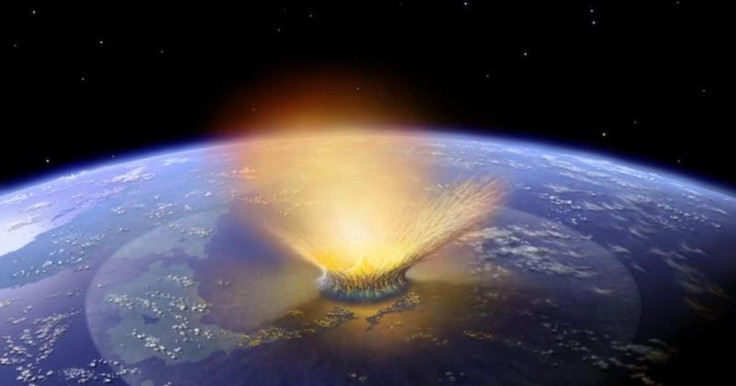Earth Was Unstable Even Before Dinosaur-Killing Asteroid Hit, Study Finds

KEY POINTS
- Researchers measured the calcium isotope composition of fossilized clam and snail shells
- Extreme warming turned the oceans acidic, thereby affecting the shell composition
- The changes occurred even before the mass extinction event brought about by the dinosaur-killing asteroid
- The results of the study gives insight as to how the Earth responded to stress than, and how it might in the future
Researchers of a study to be published in January found that the Earth was already under stress even before the dinosaur-killing Chicxulub asteroid hit. The results of the study help us better understand how the Earth responded to past warming, and how it might do so in the future.
Shell Changes
In the past, researchers observed the possible effects of the Deccan Traps eruptions on the mass extinction event by studying sediment samples and different chemical tracers. However, the researchers of a study to be published in the journal Geology focused on a specific organism to have a more precise record of the ocean chemistry at the time.
At first, the researchers measured the composition of fossilized clam and snail shells from the Cretaceous-Paleogene mass extinction event to see how they changed in response to changes in water chemistry.
The reason why the shells were chosen for the study is that they are composed of calcium carbonate, which carbon dioxide in the water dissolves. During the shell formation, carbon dioxide affects changes in the shells without destroying them. And, because seashells live only for a short time, they present a snapshot of the water's chemical composition during a specific time.
Specifically, the researchers examined shells from the Lopez de Bertodano Formation, an area near Seymour Island in Antarctica that is rich in well-preserved fossils.
Earth Under Stress
Interestingly, the researchers found that the shells’ composition already shifted in response to the increasing carbon in the oceans years before the Chicxulub asteroid hit. According to the researchers, the oceans were already acidified before the dinosaur-killing asteroid hit, possibly as a result of the influx of carbon dioxide in the atmosphere from the Deccan Traps, the long-term volcanic eruptions in present-day India. Because of the carbon surge, the oceans, as well as the creatures in it, were greatly affected.
Simply put, the Earth was already under stress even before the mass extinction event brought about by asteroid Chicxulub.
“The Earth was clearly under stress before the major mass extinction event,” senior author Andrew D. Jacobson said. “The asteroid impact coincides with pre-existing carbon cycle instability. But that doesn’t mean we have answers to what actually caused the extinction.”
Warning
The researchers note that the findings could help us understand how the Earth will respond to the current climate change based on what happened before.
“Perhaps we can use this work as a tool to better predict what might happen in the future. We can’t ignore the rock record. The Earth system is sensitive to large and rapid additions of CO2. Current emissions will have environmental consequences,” Jacobson said.
© Copyright IBTimes 2024. All rights reserved.






















